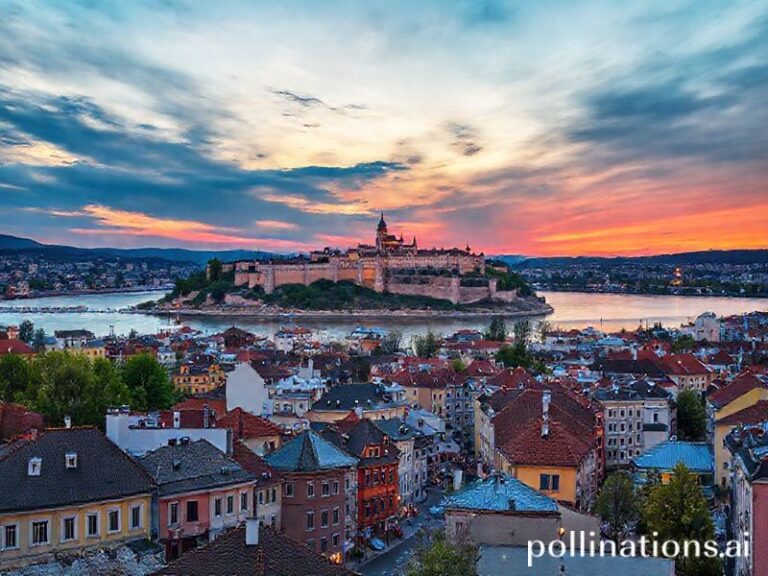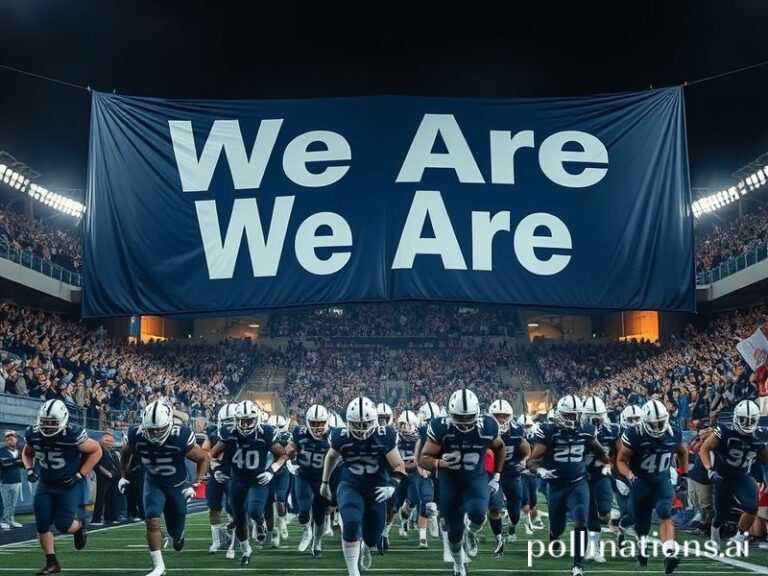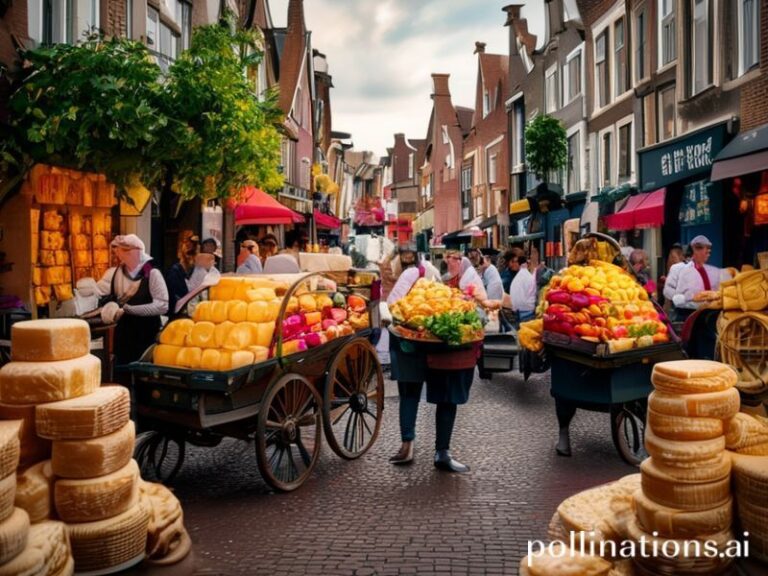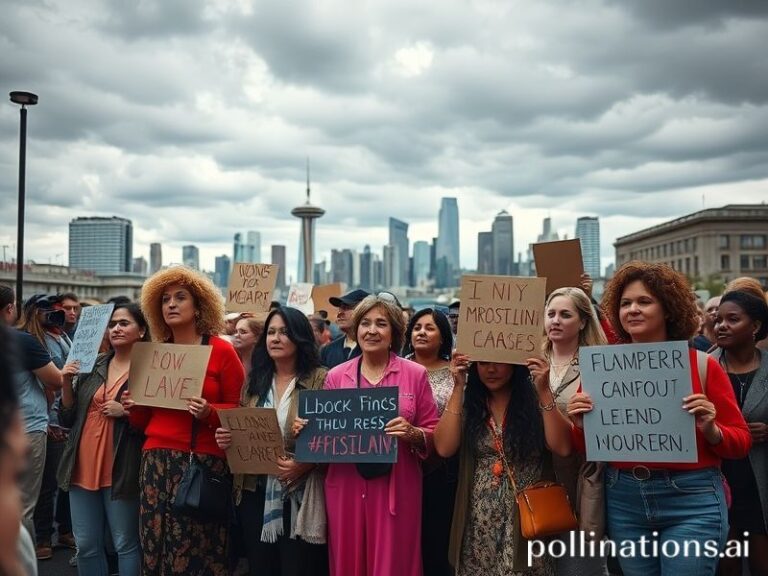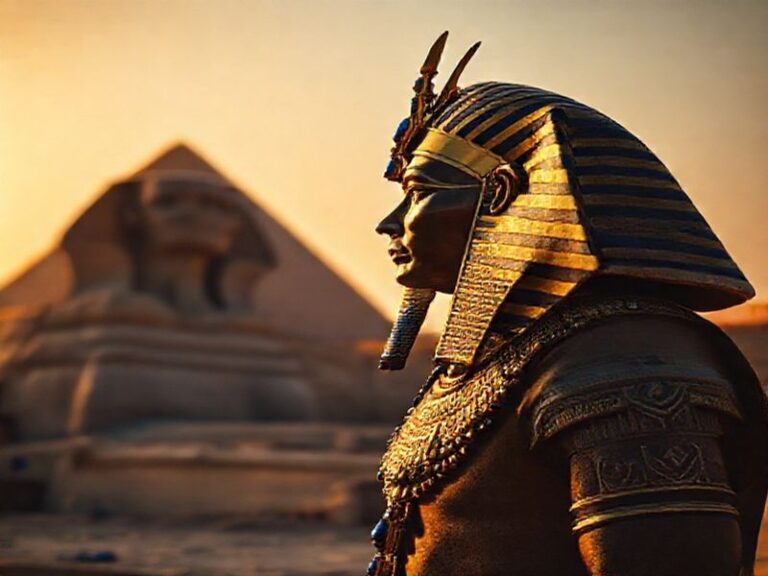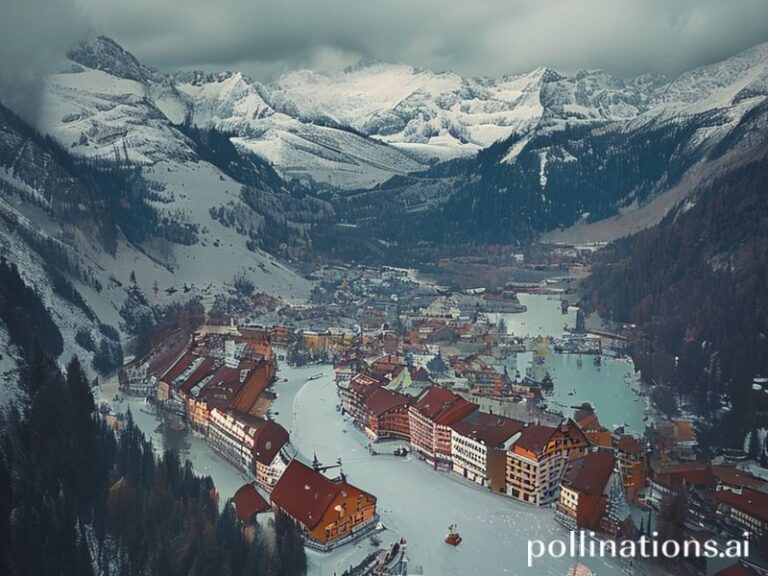Bolton vs Wigan: How a Forgotten Derby Explains the Collapse of Everything
Bolton vs Wigan: A Lancashire Derby for the End of Days
By Our Correspondent, filing from a hotel bar that still thinks fax machines are cutting-edge
Somewhere between the eighth replay of an Icelandic yogurt commercial and the second half-kickoff, it dawned on me that Bolton versus Wigan Athletic is less a football match and more a geopolitical parable performed by 22 contractually anxious men in neon socks. The rest of the planet may be busy herniating itself over debt ceilings, drone diplomacy, and whatever Elon Musk tweeted during dessert, but here in the damp cradle of Greater Manchester’s neglected cousins, the universe has shrunk to 7,000 shivering souls and a ball that keeps landing in the away end like an errant ICBM.
To the uninitiated, this is merely League One—English football’s third tier, a division where the pies are hot and the existential dread hotter. Yet the Bolton-Wigan rivalry carries the weight of empires in decline. Bolton once thrived on cotton that clothed the world; now the town’s biggest export is melancholy nostalgia. Wigan’s mills fed the industrial revolution, then reinvented themselves as call centers selling payment-protection insurance to people who couldn’t afford it in the first place. Watching these two former titans scrap over three points feels like observing two bankrupt dukes duel at dawn for the last stale cracker in the pantry.
The international significance, you ask? Look no further than the broadcast feed. Thai businessmen in London penthouses stream the game on phones made in Shenzhen, while a Colombian commentator in Doha mispronounces “Trotters” as “Trotters”—a Freudian slip that sounds suspiciously like “traitors.” Meanwhile, a Ghanaian data analyst in Toronto runs advanced metrics proving that both midfields press like overworked nurses on a twelve-hour shift. The global supply chain of disappointment is complete.
On the pitch, the geopolitics play out in miniature. Bolton’s captain—a thirty-two-year-old center-back whose knees sound like microwave popcorn—marshals a defense sponsored by a local vape shop whose logo resembles a chemical hazard symbol. Wigan’s star striker, on loan from a Championship club whose owner just defaulted on a crypto stadium naming deal, spends the first half auditioning for a move to Azerbaijan. Every misplaced pass is a Brexit metaphor; every VAR delay feels like a UN Security Council filibuster. If you squint hard enough, the linesman is clearly Switzerland—neutral, offside, and utterly ignored.
The crowd, naturally, channels the planet’s broader mood swings. Bolton fans unveil a banner protesting the club’s ownership group, a faceless hedge fund registered in the Cayman Islands that communicates exclusively through passive-aggressive PDFs. In response, Wigan supporters chant about a supermarket chain that no longer exists, a haunting elegy to vanished grocery aisles everywhere. Somewhere in the middle, a lone tourist from Jakarta live-streams the scene to thirty-seven viewers, one of whom comments, “This is exactly like my divorce proceedings but with worse catering.”
When the final whistle arrives—spoiler alert, a 1-1 draw that satisfies no algorithm—the implications ripple outward like a stone dropped in the Manchester Ship Canal. Financial analysts in Singapore downgrade both clubs’ debt instruments. A podcast in Buenos Aires devotes forty-three minutes to whether the left-back’s haircut signals late-stage capitalism. In Brussels, a bored Eurocrat adds “Lancashire football rivalries” to the agenda of an upcoming cultural-exchange symposium nobody will attend.
Yet for all the mockery, there’s a fragile dignity here. In an era when nations weaponize nostalgia and billionaires treat countries like distressed assets, Bolton and Wigan still manage to make heartbreak feel artisanal. Their derby is a reminder that even the smallest apocalypses are worth witnessing—preferably with a lukewarm meat pie and a betting slip already in the bin.
So if you find yourself doom-scrolling at 3 a.m., wondering how civilization became a flaming skip fire, do yourself a favor: tune in to the next Bolton-Wigan fixture. You’ll see the same human comedy playing out on a more honest stage—no nuclear codes, just a corner kick that somehow hits the corner flag. And honestly, that’s about as hopeful as it gets these days.


